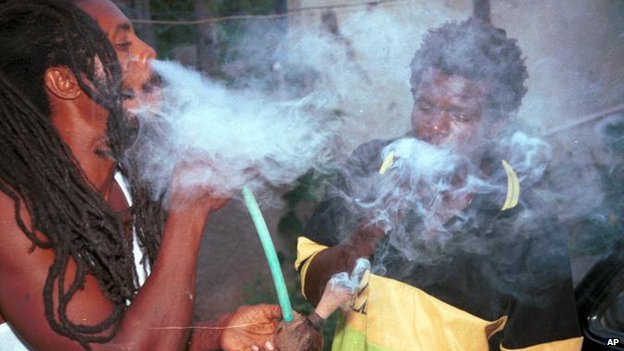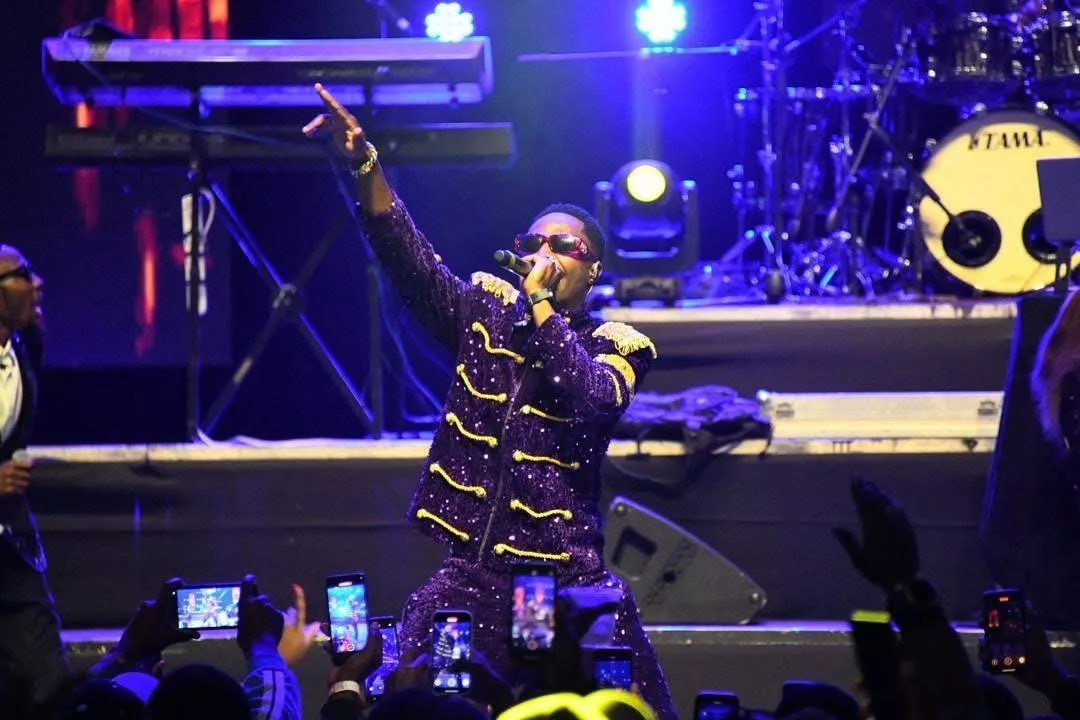Following Bob Marley’s inaugural visit to Harare in 1980 when he performed at the independence celebrations at National Sports Stadium, reggae music has slowly grown to be a greater part of our city’s culture, some may argue that he sow a seed of reggae music culture following how the majority has grown to love the genre over the years.
His performance followed by other great names in the genre such as Shabba Ranks, Buju Banton and Gregory Isaacs and off lately Sizzla Kalonji, Capleton, Bennieman, Sean Paul, Lutan Fyah and Elephantman among others has largely influenced the development of a local reggae industry however focusing mostly on the dancehall side of it.
Many artist have over the years, grown, some even making it to the international music scene, popular UK based DJ Jusa Dementor, dancehall star Winky D, multi award-winning South African based singer Buffalo Souljah and producer Major Kadzunge a.k.a Mockery standing in as evidence.
The music however, though greatly appreciated is widely criticized for bearing negative messages of drug abuse, violence and sexual deviance.
Sociologist Russel Chirikure explains, “Reggae music is widely popular with young people who were born after independence when it started generating great interest.
With it came its culture, then the Rastafari religion with has accumulated in following over the years.”
Chirikure said many youths fail to surf out the negative elements of reggae music embracing even it’s widely criticized cultures of drug abuse and sexual immorality.
“Musicians are role models to many youths and when they sing encouraging drug abuse it is most likely that there will be a growth in the social ill.”
At first it was foreign musicians who openly defended drug abuse with Sizzla Kalonji in 2010 confirming that he smokes marijuana during his visit to the country.
Authorities seem to have turned a blind eye to his sentiments on the illegal drug as he was later televised meeting up with President Robert Mugabe and his vice Joyce Mujuru.
Turbulence who was in the city for a performance at the City Sports Centre in December 2013 is another artist who seemed to be above the law as he lit up a cigarette of marijuana, puffed it, to later pass it on to his tour manager.
He smoked in front of the police officers who were at the show as security.
Turbulence’s gesture served as an invitation to smoke to the audience which encompassed young people below the age of twelve.
A cloud of smoke could be seen filling up the auditorium yet the police turned a blind eye.
Rastafari high priest Tawanda Chinake a.k.a Jah Purity said “As a religion we do not support drug abuse. We forbid our youth from taking any drugs, even from smoking the holy herb (marijuana).”
Jah Purity said only the elderly are allowed to smoke the ‘holy herb’ not as a drug but to help them relax when meditating.
“People abuse music to convey our culture in the negative light and hide behind Rastafari to indulge in substance abuse.”
It is however not only international artist who are prompting drug abuse as most local dancehall musicians have recorded songs praising drugs and alcohol.
Son of legendary gospel musician Mechanic Manyeruke, Emmanuel a.k.a Guspy Warrior has a hit song Chamba Timone released a couple of years ago which praises marijuana while dancehall queen Lady Squanda has a song Brongo NeChapomba which illuminates on the ‘beauty of being high’ on bronclear and whisky.
Some musicians are however openly denouncing drugs. Winky D made headlines with his hit Firakureva which discourages the use of marijuana and cough syrups.
Often before performing the song he says, “I do not have a problem with elders who smoke ganja but I strongly oppose all youth who do it and I have no respect whatsoever for anyone who drink syrups (bronclear and histalix).”
To their defense, young people say drugs provide an escape from an unpleasant life.
Upcoming musician Mc Flexxo explains, “We are just singing what is happening and frankly if you give these youth something positive to do they will stay away from substance abuse.
“Most of us know it harms our health but we do it anyway because we have no option.”
He said harsh economy and unemployment is not acting in their favor.






